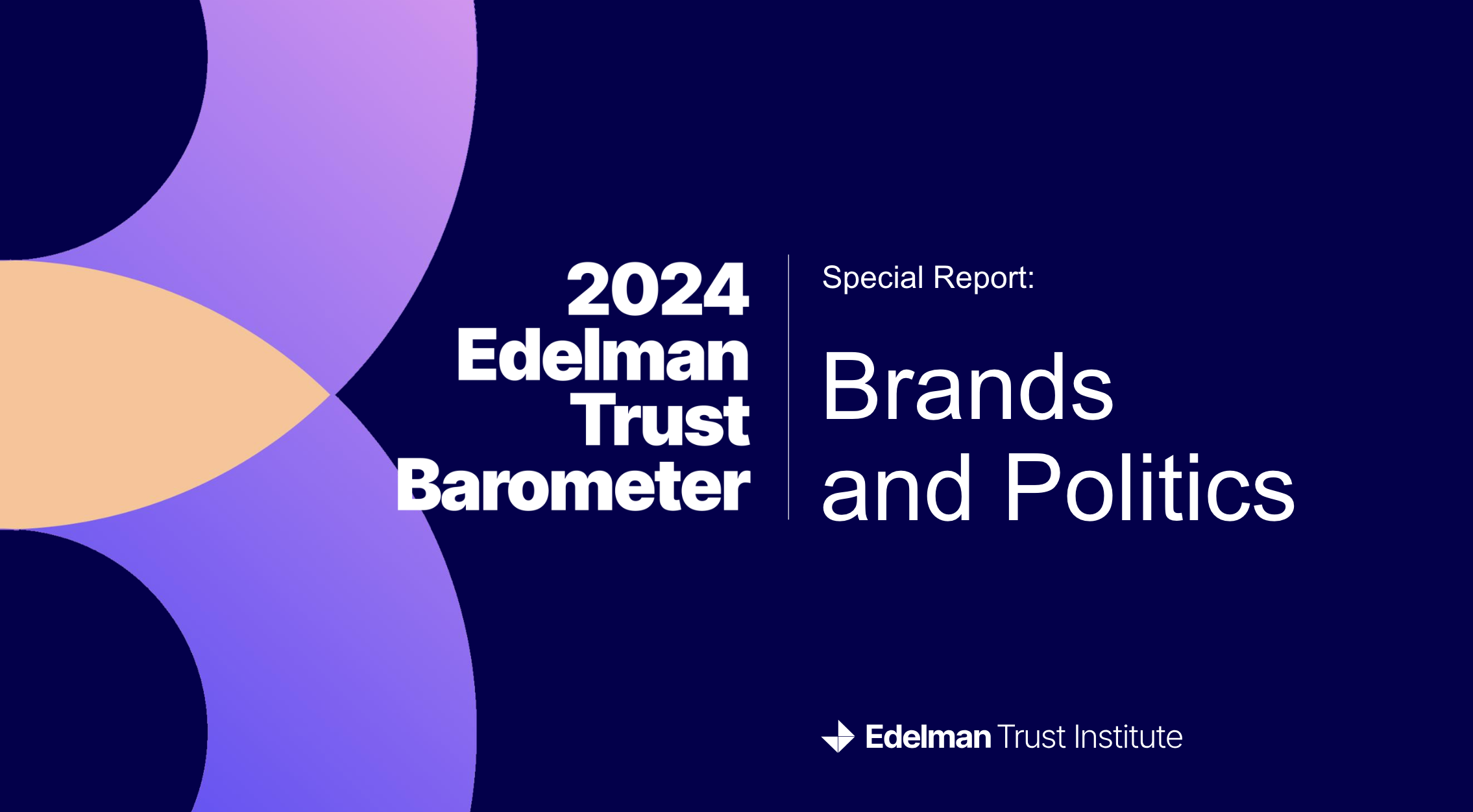Toledano, Margalit & Avidar, Ruth (2016). Public relations, ethics, and social media: A cross-national study of PR practitioners. Public Relations Review, 42(1), 161-169
Summary
This article compares PR practitioner attitudes to specific ethical issues in social media in two different socio-cultural environments – New Zealand and Israel. Its major goal is to identify current practitioner attitudes toward ethics in societies that rank differently on international lists comparing levels of democracy in different countries. As New Zealand consistently rated higher in holding respectful norms towards human freedoms and organizational transparency, the first part of the hypothesis was that New Zealand PR practitioners would express stronger reservations about deviations from what was considered to be – by the industry’s professional norms – ethical and fair. Given Israel’s frequently low ranking, the second part of the hypothesis was that Israeli practitioners would express more compromising attitudes, or be more cynical, on ethics.
Method
The comparative study used international scales that ranked levels of democracy and freedoms in each country as well as an online survey of PR practitioners in both countries to investigate whether there were differences in practitioners’ ethical values that correlated with their nation’s ranking. The survey questionnaire included thirteen attitude questions that measured practitioner perceptions on specific communication practices in social media. In both countries, the respective professional associations approached practitioners. 52 New Zealanders and 47 Israeli PR practitioners responded during three weeks in February 2015.
Key Findings
- Suggest a certain gap between attitudes of PR practitioners in New Zealand and Israel towards specific ethical practices on social media.
- Identified areas of confusion around what is considered acceptable practice in the use of social media as a professional public relations tool.
- The challenges tend to cluster around transparency: the use of fake identities in comments, the use of payments to bloggers, and the use of payments to social media expert for conducting smear campaigns. In both countries there is a group of practitioners who accept such practices as part of the current reality of the industry. On the other hand, not all practitioners accept the use of disclaimers about sponsors of messages as a universal ethical tool.
- The findings raise a concern around the too-large group of respondents who selected the “neither agree nor disagree” option for statements that should have had full agreement or disagreement with the described practice. This neutral position might indicate confusion around ethical issues. In this area red lines that mark clear boundary transgressions are not very clearly drawn.
Implication for Practice
The study identifies PR practitioners’ need for clear ethical boundaries, including consideration of what counts as transgressions, and for support in making ethical decision. It hopes to inspire professional PR associations to take action and provide information and education to clarify practitioner confusion around ethical conduct on social media.
Article Location
The full article is available for purchase at: http://www.sciencedirect.com/science/article/pii/S0363811115301235



